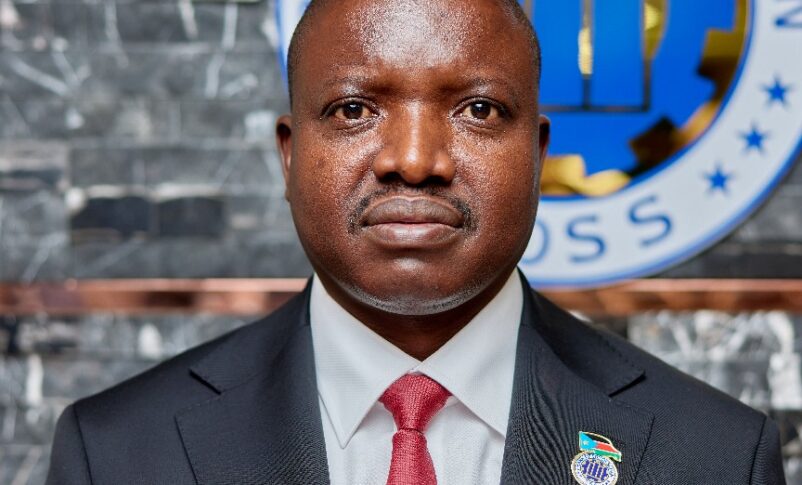South Sudan unveils banking measures to curb hoarding
March 12, 2024 (JUBA) – The Central Bank of South Sudan Bank has unveiled measures to curb hoarding, a strategy aimed at controlling the exchange rate amid rising consumer prices in a country grappling with a raft of issues spanning economic, security and shaky implementation of the 2018 peace agreement.
In a statement issued on Tuesday, the Directorate of Communications explained that the new measures were agreed upon by the leadership of the Central Bank.
“South Sudan Bank is rolling out the measures to encourage members of the public and private business to use the existing banking and financial institutions for cash deposits. Statistics indicate that over 80 percent of currency in circulation sits outside the bank system, presenting a tremendous challenge on the conduct of monetary policy”, the statement reads in part.
It urged the public, commercial and private businesses to use banks for cash deposits and refrain from hoarding currency or keeping it outside banking systems.
The statement further said commercial banks are directed to ease and streamline accepting deposits from the public and create a conducive environment to implement these prudential measures, adding that members of the general public and small businesses are encouraged to make use of digital money platforms such as licensed mobile operators to transact and make payments.
The bank is also coordinating activities with law enforcement agencies to identify currency hoarders, and their spots and take appropriate measures to discourage such behavior, it further stated.
“City council authorities shall exercise their mandate while cooperating with the bank in enforcing these directives with immediate effect”, stressed the statement.
Policy analysts with banking and financial knowledge and expertise have welcomed the directives, citing risks associated with keeping money outside the banking system and its negative effects on monetary circulation.
Hoarding is often considered harmful because it prevents commodities from being used in the rest of the economy. Investing can help firms to produce more commodities and other products.
The Central Bank said it would use security agents and city council authorities to help in the identification of people who are involved in hoarding the money.
South Sudan has been grappling with a host of issues since 2013 when political debates within the ruling Sudan People’s Liberation Movement (SPLM) descended into a violent conflict, causing Instability despite parties signing fragile peace agreements in 2015 revitalized in 2018.
Key provisions in the accord remain unimplemented, leaving foreign nationals doing business in South Sudan unsure of the future of their investment, most of whom prefer transactions of goods and provide services in hard currency, usually paid in United States dollars, with foreign businesses expropriating profits.
However, if several wealthy individuals start hoarding dollars, the price will begin to increase. Middle-class merchants will notice, and then they might hold back supplies in anticipation of future price increases. That is enough to raise prices again. Panicked buying may create real shortages of consumer prices.
Many have expressed concerns a sharp decline in the local currency could put the country at risk of starvation if the cycle continues beyond the control point.
(ST)

